Regarding renewable energy development, the Minister of Industry and Trade said that we must stick to the targets. To develop to the maximum and then leave it there is a crime against the country and the people.
Proposal for unrestricted development of nearshore wind power and solar power
At the Government Standing Committee meeting with businesses on February 10, chaired by Prime Minister Pham Minh Chinh, Ms. Nguyen Thi Mai Thanh - General Director of Refrigeration Electrical Engineering Company - said that new fields in our country such as Data Center, electric vehicles, electric trains... all need a lot of electricity.
We have a nuclear power program to replace coal and fossil fuel power, but renewable energy plays an important role in achieving Net Zero by 2050. Therefore, she proposed to develop unlimited nearshore wind power and solar power on lakes in the adjusted power plan VIII.
“I propose that the PPA mechanism, especially the DPPA, needs to be improved as well as a new electricity price policy. It is recommended that electricity prices be issued for each type of energy and that there is no need for time-consuming negotiations,” Ms. Thanh said.
According to her, in a locality, each investment enterprise has different technology and investment rate. Therefore, it is necessary to issue electricity prices for each type of enterprise and that electricity price must attract investors and be suitable for the economy.
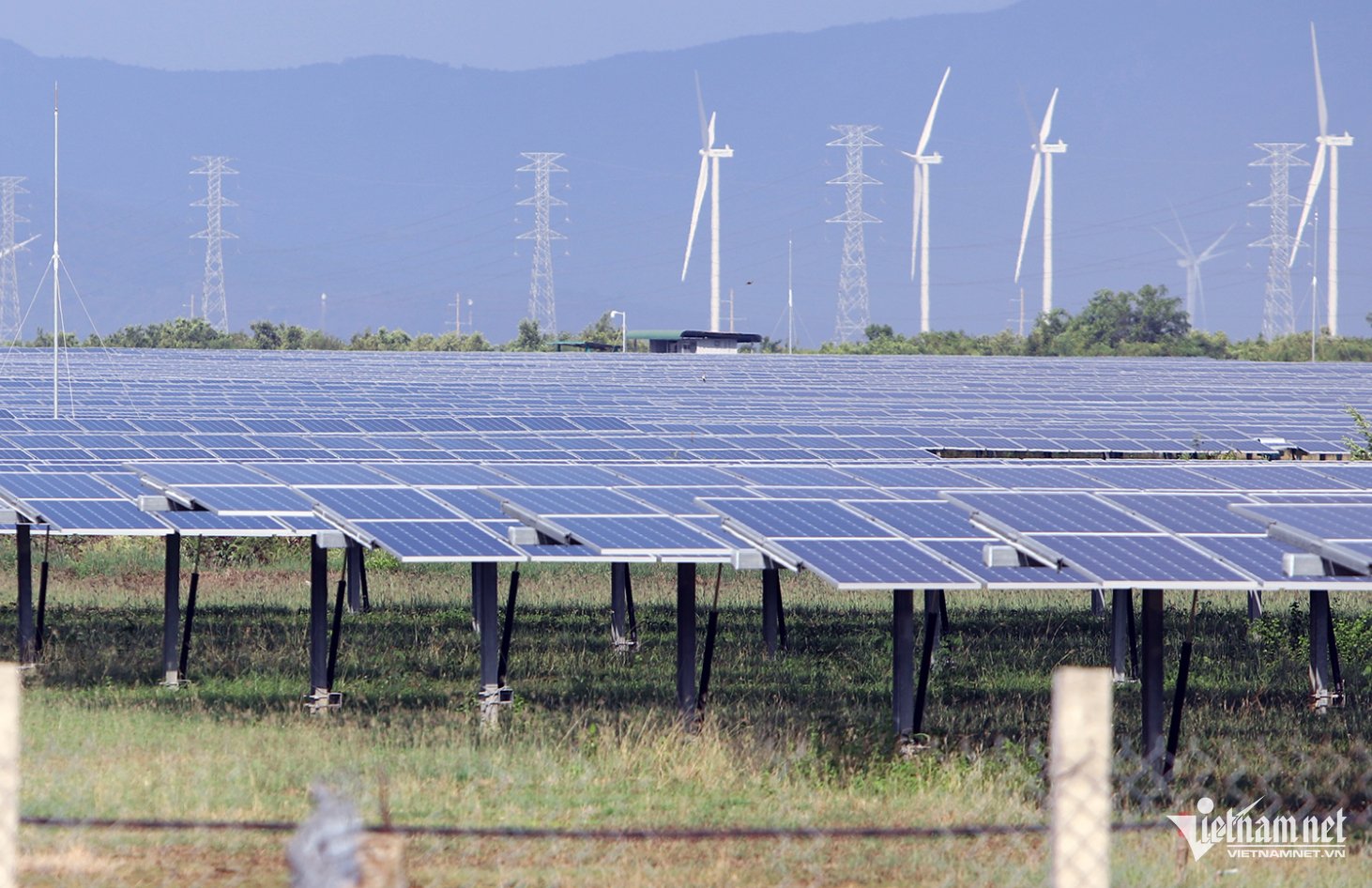
Regarding the conditions of PPA and DPPA, investors are always concerned about whether all production will be purchased or not. This issue is very specific but businesses have not seen it yet.
The General Director of the Refrigeration and Electrical Engineering Company also pointed out that the most difficult thing at present is the licensing process. For example, in Tra Vinh and Ho Chi Minh City, businesses have projects to treat waste and use heat to generate electricity, but after 3 years, they have not been approved.
“We know that the Prime Minister has delegated power to provinces and cities. The business community is very excited, but the actions in provinces, cities, departments and sectors are slow,” Ms. Thanh said.
Mr. Do Quang Hien, Executive Chairman of T&T Group, said that the group has been investing heavily in the renewable energy sector. Among them, some projects have been connected to the grid, some projects are being negotiated with Vietnam Electricity Group (EVN). In addition, the group continues to invest in 2 gas-fired power projects, investing in biomass power projects, waste treatment, waste-to-energy projects... in some provinces.
Some businesses working in the renewable energy sector are negotiating electricity prices with EVN but have not reached an agreement, Mr. Hien stated the current situation.
EVN Board of Members Chairman Dang Hoang An informed that currently, state-owned corporations only account for 48% of capacity, the remaining 52% is from the private sector. From this, it can be seen that private investment in energy is vital, and at the same time, he hopes that corporations will continue to participate. If possible, he suggested that the Government and the Prime Minister have a mechanism to assign large corporations to take charge of large power sources.
In response to the opinions of businesses, Mr. An said that if electricity prices are not negotiated, the Law on Prices must be completely revised and a legal framework created. EVN itself does not want to negotiate because it is too complicated. Therefore, he recommended that the Ministry of Industry and Trade report to the Government to issue prices for all types of energy.
Along with that, it is necessary to reorient the construction of the electricity market in our country. EVN will support as much as possible, and at the same time hope that private corporations will participate in all projects as soon as possible, because if not in time, there will be a shortage of electricity.
Development must adhere to goals
At the conference, Minister of Industry and Trade Nguyen Hong Dien said that in May 2023, the Government announced the Power Plan VIII, and immediately announced the implementation plan. Accordingly, by 2030, it is necessary to develop 150,424 MW, which is double the current capacity, in the direction of increasing renewable energy, developing gas-fired electricity reasonably, and maximizing hydropower and biomass power to create a base power source for the country's electricity supply.
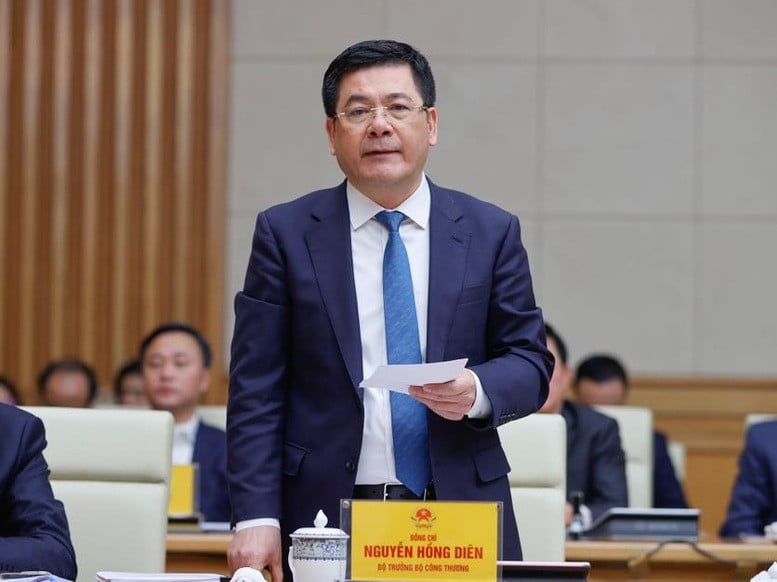
But he noted that it is necessary to closely follow the load demand of the country and each region. The Minister warned that if we develop to the maximum without basing on load demand, the regions and localities will develop and then leave it there because there is no demand.
He also reiterated that when the VIII Power Plan was issued, it was accompanied by a series of decrees and circulars, which clearly stipulate the process, procedures, and authority to decide on investment policies.
Up to now, except for key national projects, the Ministry of Industry and Trade only does three things: planning; advising on policy mechanisms; and inspecting. The rest is up to investors and local authorities to decide. “We do not create difficulties or hinder any project in the energy sector,” he affirmed.
According to the minister, the Government's policy, especially the Prime Minister's, has required the maximum development of renewable energy, but must aim at three goals. First, closely following the load demand of the country and the region; second, for direct power purchase agreements (DPPA); third, for electricity export contracts.
“This means sticking to this goal, not maximizing development. Maximizing development and then leaving it there is a crime against the country and the people,” said the Minister.
Regarding the pricing mechanism, it must follow the provisions of the Law on Prices and the Law on Electricity. The Law on Electricity stipulates that the State issues a price framework, which the Ministry of Industry and Trade has been doing. There is no type of electricity source that does not have a price.
Negotiation is a requirement of the Law on Prices, the electricity market must have competition. Within that price range, buyers and sellers must negotiate with each other. However, he agreed that the time needed to be shortened. Moreover, if the contract is only based on the price range, it will be similar to the FIT price, while the FIT price has many issues that need further research.
“The FIT price in a short period for one type of power source is necessary. The case of extending it and applying it to all types is wrong because it is no longer a market. We want healthy competition, but now we want the State to regulate it, which is not right,” the Minister added.
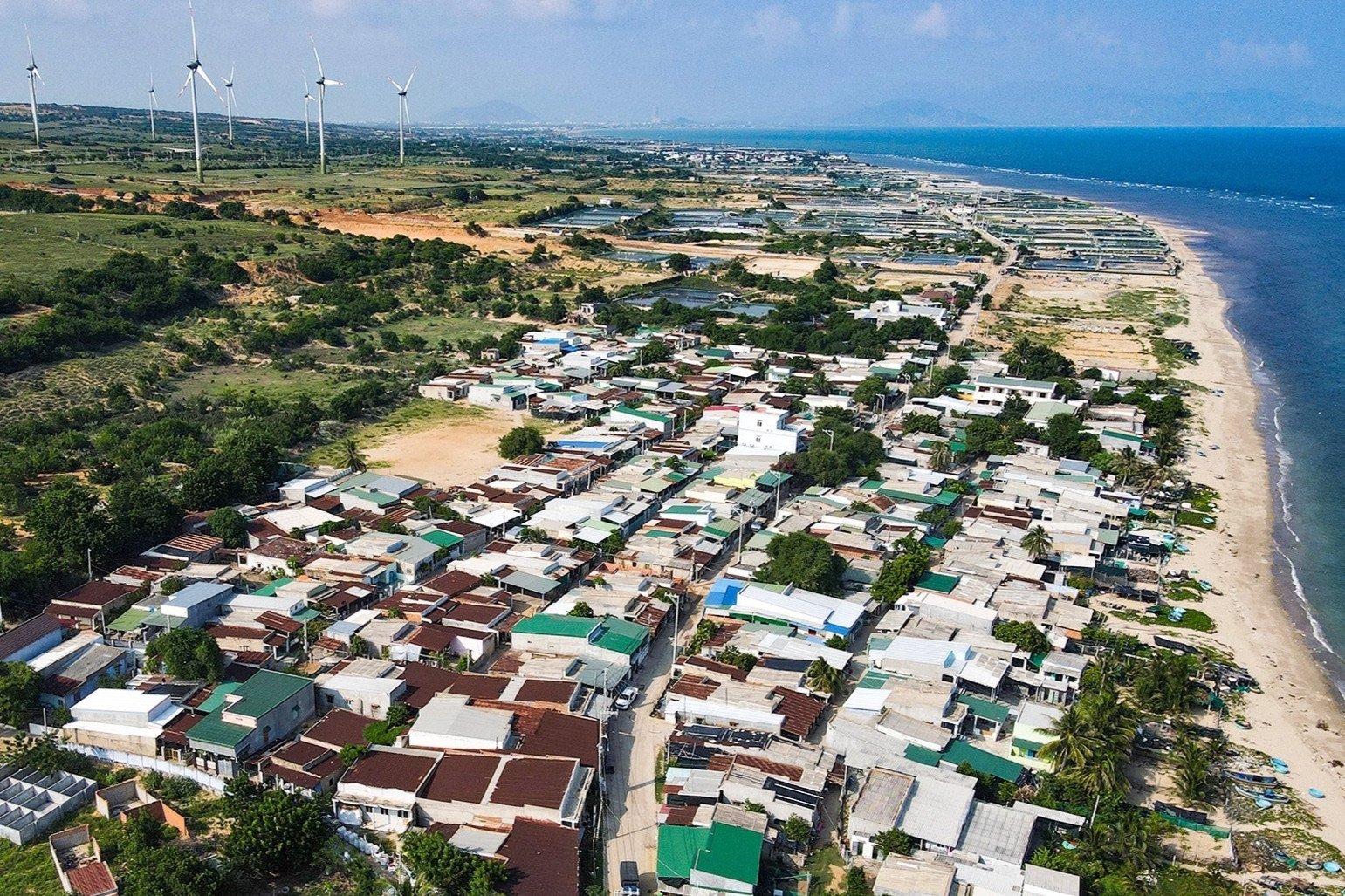
Source: https://vietnamnet.vn/bo-truong-cong-thuong-dien-tai-tao-phat-trien-toi-da-ma-dap-chieu-la-co-toi-2370173.html








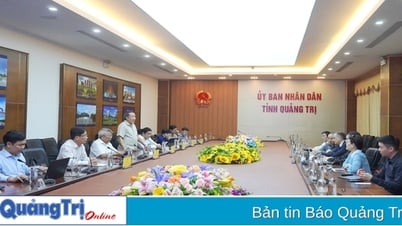

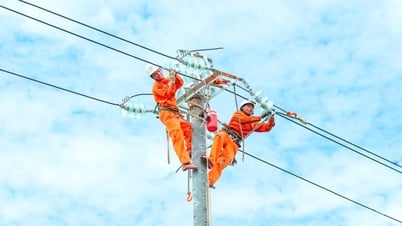

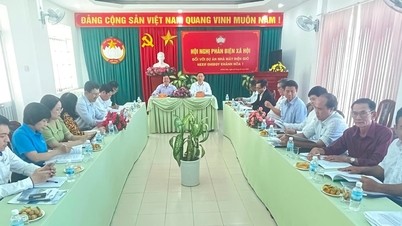

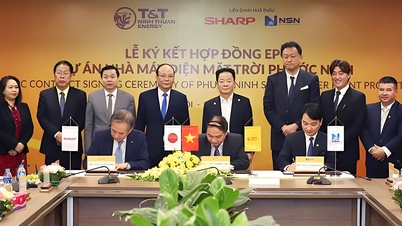


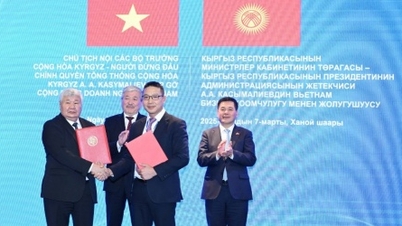

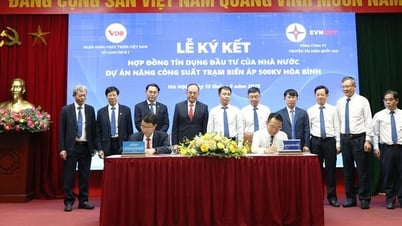
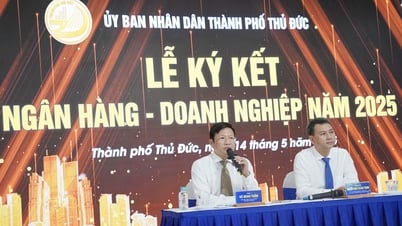


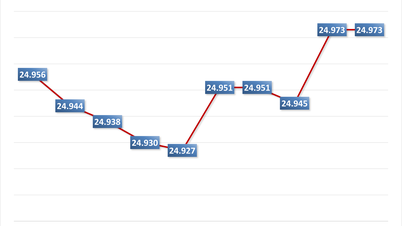
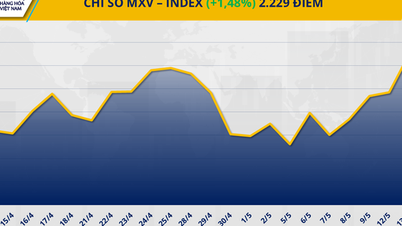





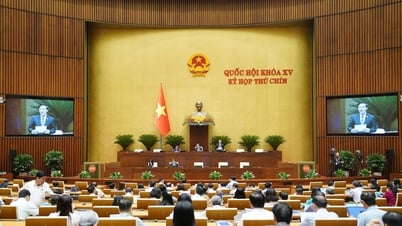







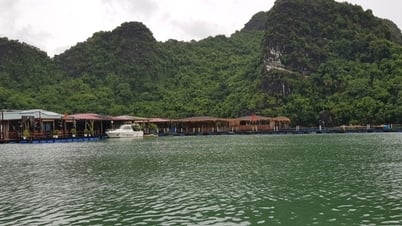











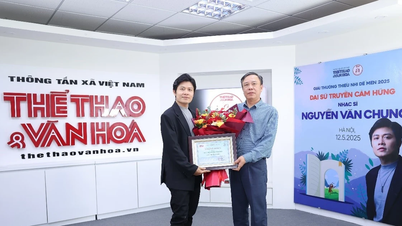





















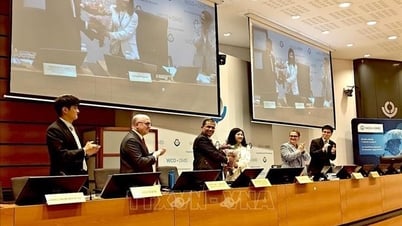






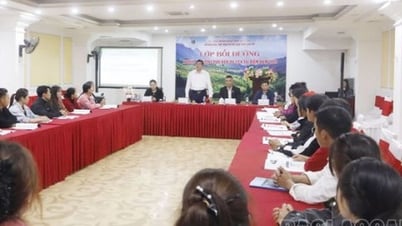
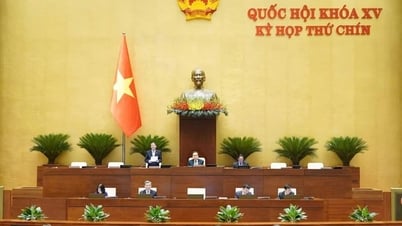




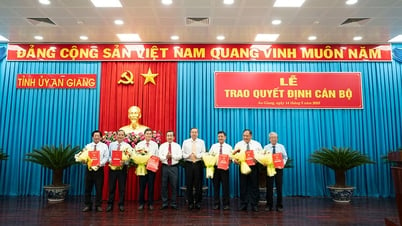




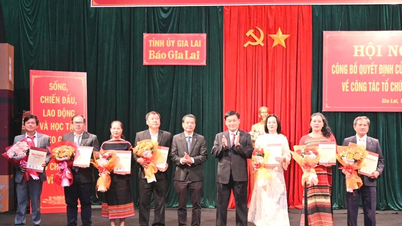










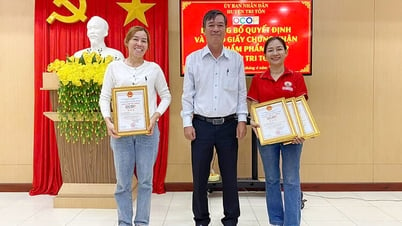


Comment (0)